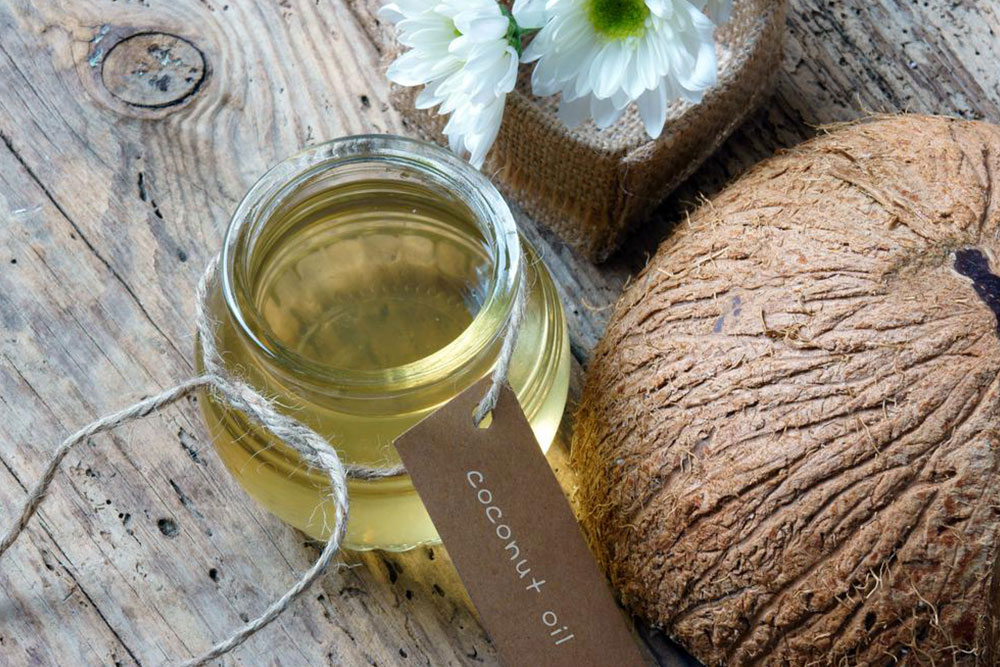5 most popular home ringworm treatment
Ringworm infection is not caused by any kind of worm or a living parasite. It is in fact caused by a type of fungus called as tinea. This type of fungus lives under the dead skin cells and tissues that include hair and nails.
It causes a red, scaly patch on the skin. As the infection spreads it takes the form of a circular or a shape of a ring, which is why it is called as ringworm infection.

Most commonly found on the arms as well as the scalp, it is also found in the face or the groin area. Ringworm infection in the groin area is called as jock itch.
Ringworm infection does respond to home remedies. Here are some home remedies for ringworm treatment.
- Soap and water
When suffering from a ringworm infection, it is very important to keep the area clean and hygienic. This prevents the further spread of the infection and keeps the infected area under control. Wash the affected area with an anti-bacterial soap. Dry the area thoroughly with a cloth, as moisture makes the infection spread easily. Use of pine and coal-tar soap is also suggested but make sure that you are not allergic or sensitive to them.
- Tea tree oil
Tea tree oil is a kind of home ringworm treatment that has been conventionally used for its antifungal and antimicrobial properties. It can be used for treating several skin fungal infections. You can apply tea tree oil to the affected area two to three times a day using a cotton swab. Using coconut oil with tea tree oil can help dilute the solution, as coconut oil has its own antifungal properties. - Turmeric
Turmeric is one of the most commonly used home ringworm treatment. It is known for its antibacterial and anti-inflammatory properties. Turmeric’s antifungal growth inhibits further growth. Ground a turmeric and add a small amount of water to make it into a paste. Apply it onto the skin and leave it to dry. You can also add turmeric powder in lukewarm water and drink it first thing in the morning to get internal benefits.
- Powdered licorice
Put 8 teaspoons of powdered licorice in a cup of water and bring it to boil. Once boiled, heat it until it gets simmered. Stir the solution in the form of a paste. When to paste has cooled down, apply it to the affected area twice, daily. Leave the paste for at least 15 minutes before washing it away.
- Aloe Vera
Aloe vera is known is known for both of its antifungal and antibacterial properties. One can use aloe vera to soothe the symptoms of itchiness, inflammation, and discomfort caused due to ringworm infection. There are ointments available in the market that contain aloe vera. Apply these ointments in the affected area directly three times a day.